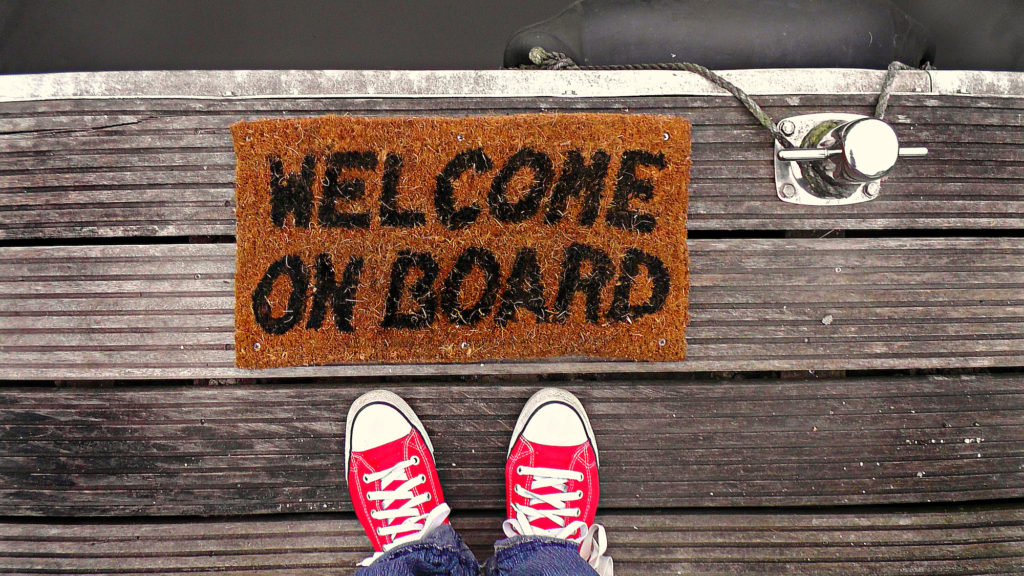Finding a partner to port your game
When we discussed budgeting, we explained the concept of opportunity cost. You can’t do everything yourself, because your time is limited.
Sometimes it’s better to look outside your studio than tackle tasks on your own. One such responsibility is porting your game to more platforms.
Sure, you can do it in-house. It may require you bring on people knowledgeable about different platforms and requirements. You might instead choose to assign existing staff (rather than have them work on something completely new).
Another option is to partner with a studio that specializes in bringing games to more platforms. If you do decide to go in that direction, there are different ways to make those partnerships work.
How do I choose a team for my port?

Every project a team works on is also an audition for the next. If you want to find out if someone does good work, play their games.
Every relationship is a chance for a referral. You’ve likely built your network. Start asking around for recommendations.
Once you’ve identified capable candidates, talk to the studios they’ve worked with. Find out how the process went. Ask if there are any red flags or glowing recommendations. You don’t have to go it alone.
Welcome the porting team into your studio

Perhaps you aren’t comfortable shipping your game off to a studio on another continent. You can still work with an external porting team.
Some porting teams prefer to work on-site. In those instances, you’re going to need office space and resources to support your guests. These costs should be factored into your budgeting process.
In this setup, you’ll be working hand-in-hand with the port team. They’ll have complete access to your team, creating a more collaborative environment.
You’ll have a solid sense of where the project is throughout development. However, that kind of access does mean that staff might be pulled away to assist with porting.
You might prefer a more hands-off approach, though.
Work with a remote port team

It might not be feasible or preferable to host a porting team. Instead, you can be more hands-off with a remote studio.
In those instances, you’ll want to schedule regular check-ins. Even if you want to keep the porting process at arm’s length, you don’t want it to happen in a vacuum.
Make your team available and answer questions in a timely fashion. This kind of partner won’t need quite as much from you, but they will need (and want) your input.
The right partner for your port is out there. Do your due diligence, get advice from peers, and play as much of their work as you can.
You can read more about working with partners and publishers in The GameDev Business Handbook (available now in digital format).






